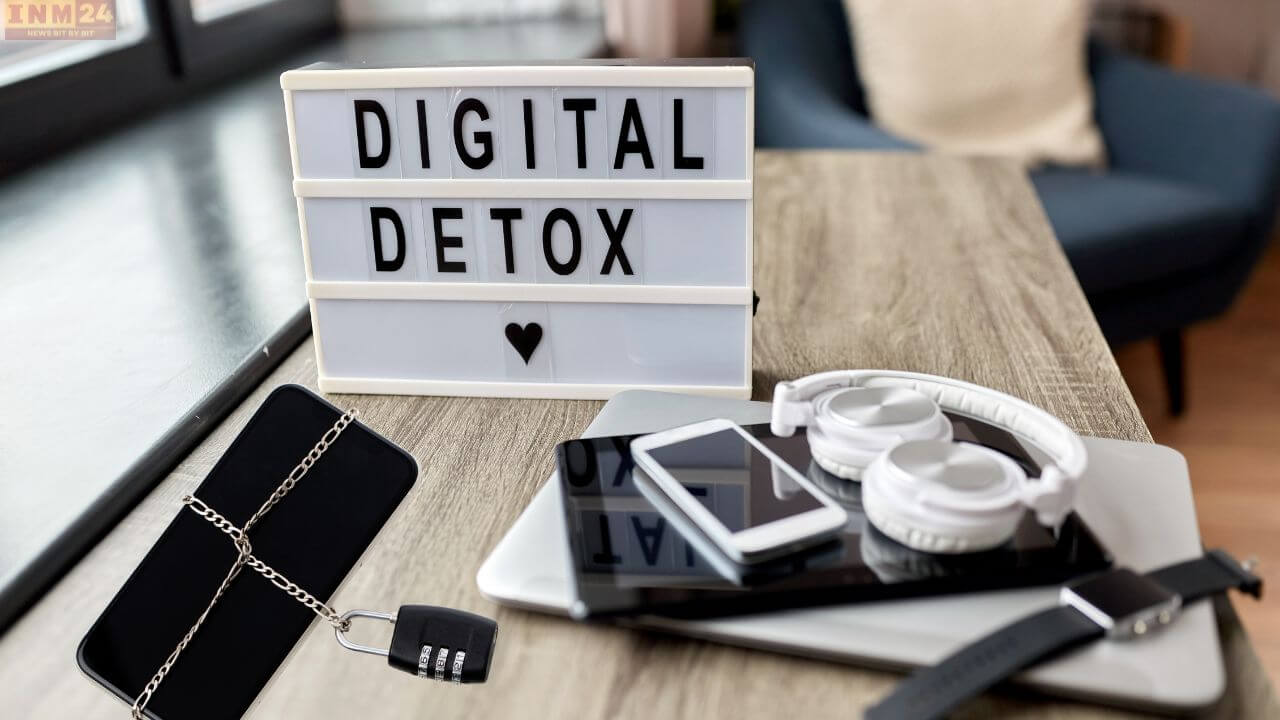In today’s fast-paced world, smartphones have become an integral part of our lives. We spend our days talking on the phone, sending messages, using social media, and playing games. But did you know that excessive phone usage can harm your health?
What is Screen Time?
Screen time refers to the time spent looking at the screen of electronic devices such as smartphones, TVs, computers, and laptops.
Negative Effects of Screen Time
- Eye Strain: Continuous screen exposure can lead to eye strain, irritation, and blurred vision.
- Neck and Back Pain: Incorrect posture while using phones can cause neck and back pain.
- Sleep Issues: Exposure to the blue light emitted by screens can disrupt sleep quality.
- Obesity: Sedentary behavior associated with excessive screen time can contribute to obesity.
- Anxiety and Depression: Excessive screen time has been linked to increased stress, anxiety, and depression.
- Reduced Concentration: Constant notifications can lead to decreased focus and concentration.
- Addiction: Overuse of smartphones can lead to addiction and dependency.
Ways to Reduce Screen Time
- Take Breaks: Incorporate regular breaks from screen usage to rest your eyes and body.
- Practice Proper Posture: Maintain correct posture while using electronic devices to prevent neck and back pain.
- Limit Screen Exposure Before Bed: Avoid screens at least an hour before bedtime to improve sleep quality.
- Engage in Physical Activity: Balance screen time with physical activities to prevent obesity and promote overall health.
- Set Screen Time Limits: Use apps or features that allow you to set limits on screen time.
- Find Offline Activities: Explore hobbies and activities that don’t involve screens to reduce dependency.
- Establish Tech-Free Zones: Designate certain areas or times as tech-free zones to encourage offline interaction.
By reducing screen time and adopting healthier habits, you can improve your physical and mental well-being in the digital age.
